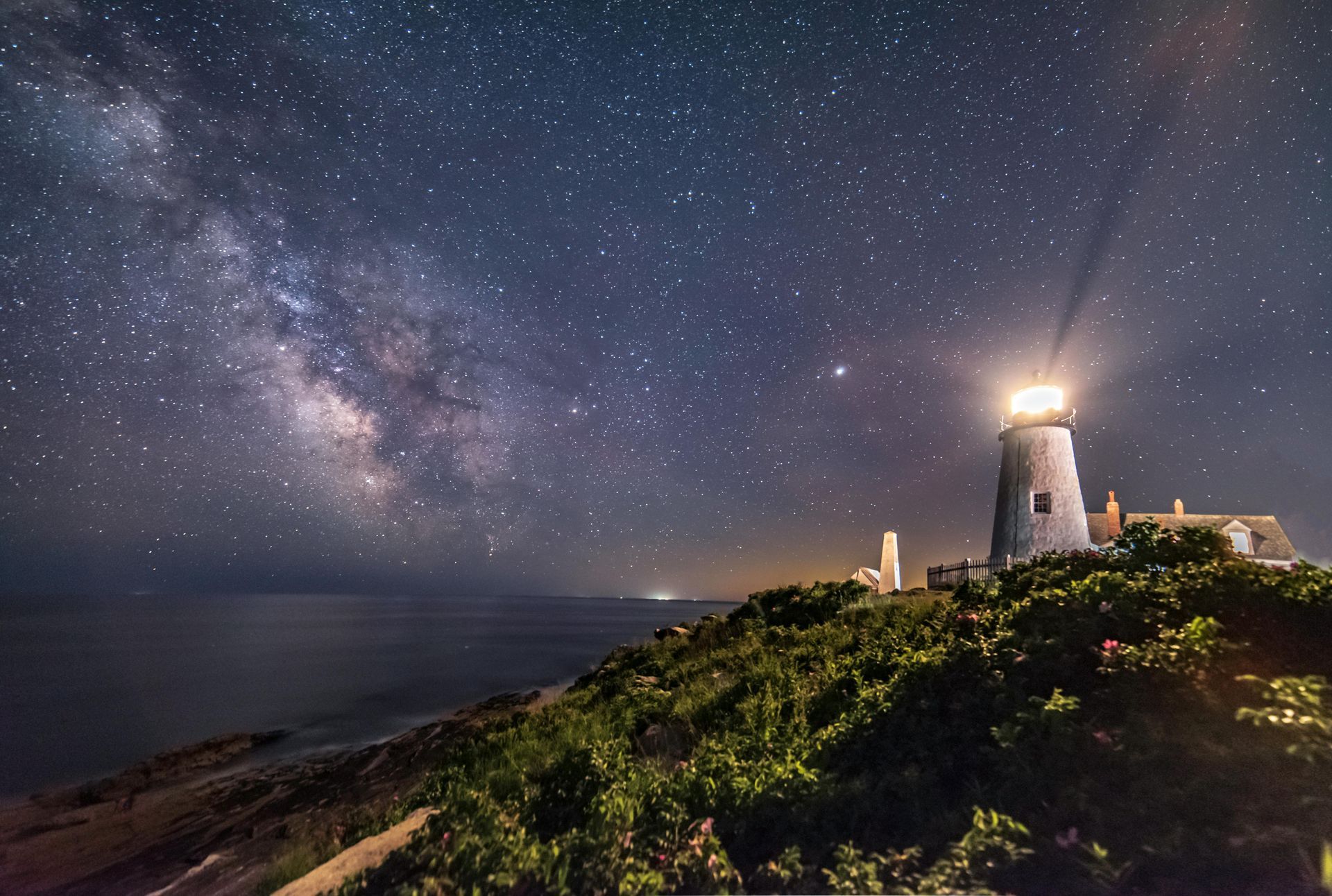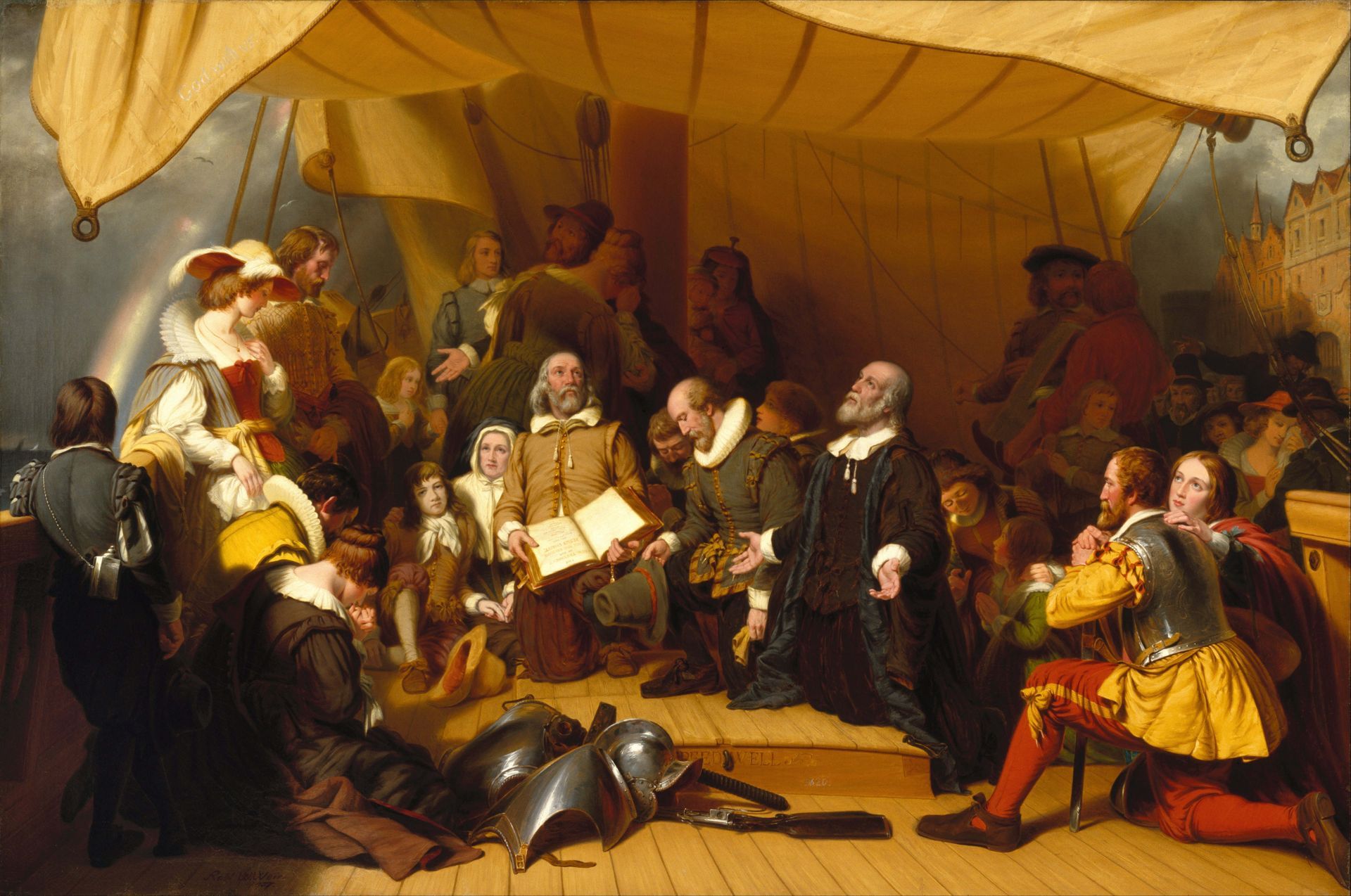History of Founders Regarding Non-Chrisitians as Office Holders
It is intriguing that some of our Founders left some direction that has merit concerning the present Moslem/mosque affair in Manhattan at ground zero. Consider the comments of Justice Joseph Story, Governor Samuel Johnson and Justice James Iradell.
Note : (Justice Story was a member of the U.S. Supreme Court for 34 years, and authored 286 opinions 286. He, along with Chancellor James Kent (Chief Justice of the New York State Supreme Court) is known as the Father of American Jurisprudence. Justice Story wrote the majority opinion for the famous Holy Trinity vs. The United States case in 1892.)
In Justice Joseph Story’s legal wrote in his legal commentaries, that:
The real object of the First Amendment was not to countenance, much less advance, Mahometanism [his spelling], or Judaism, or infidelity, by prostrating Christianity; but to exclude all rivalry among Christians. (Joseph Story, Commentaries on the Constitution of the United States , Vol. III, p. 728, 1871 )
Justice Story’s comments highlights the fact that America’s Founders were careful not to violate the principle of religious freedom established in the First Amendment (the right of America’s citizens to the free expression of religious worship, and the forbidding of the Federal Government to establish a state sponsored religion), while at the same time maintaining that “CHRISTIANITY” was and is America’s common law that they are often vulnerable to present day progressive criticism and gross misapplication—this is especially true when in a revisionist mode non patriots plunder and manipulate the Constitution (as is the case concerning this particular circumstance).
When reading early American history—it seems at first glance that the Founders established a completely pluralistic society. But on a more careful examination you will find that this is not the case at all—at least, it was their clear intent and belief for the first 100 years of our nationhood that Christianity , not a particular sect, or denomination, with tithes, tenets and ordinances, but general Christianity—Biblical Christianity—was America’s common law.
This intent is reflected in Story’s commentary above. But here is the difficulty…even though the Founders believed that Christianity was the founding reality of the America n Republic, they did not resist or prohibit other religions from their right to worship here. Therefore, they knew that a time could come when the people of America may change and allow another religion, or that people of “NO” religion could become dominate in the culture.
Consider this. In the North Carolina ratification convention for the American Constitution—before the turn of the nineteenth century—Governor Samuel Johnson explained:
It is apprehended that Jews, Mahometans (his spelling), pagans, etc., may be elected to high office under the government of the United States. Those who are Mohometans, or any others who are not professors of Christian religion, can never be elected to the office of President or other high office, but in one of two cases. First, if the people of America lay aside the Christian religion altogether, it may happen. Should this unfortunately take place, the people will choose such men as [that] think as they do themselves. Another case is if any persons of such descriptions should, notwithstanding their religion, acquire the confidence and esteem of the people of America by their good conduct and practice of virtue, they may be chosen. (Jonathan Elliot, ed., The Debates in the Several Conventions on the Adoption of the Federal Constitution , Vol. IV, pp. 198-199, 1836)
Supreme Court Justice James Iredell, who was nominated to the High Court by George Washington, further explained:
But it is objected that the people of America may perhaps choose representatives who have no religion at all, and that pagans and Mahometans [his spelling] may be admitted into office…But it is never to be supposed that the people of America will trust their dearest rights to persons who have no religion at all, or a religion materially different from their own. (Ibid, p. 194)
The tragedy is that most do not understand that our Founders never believed this day would come. But it has!



